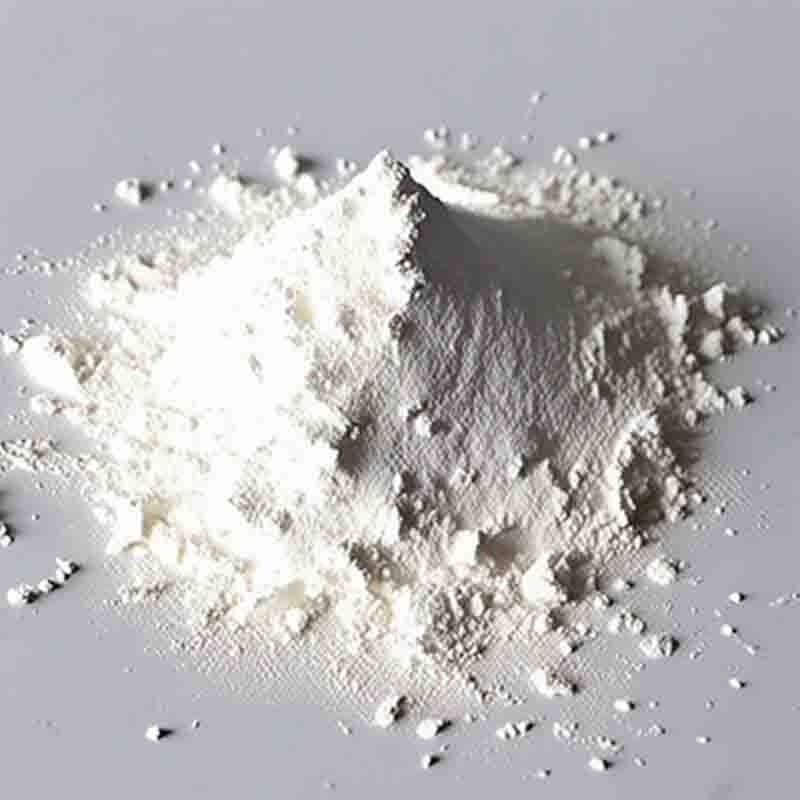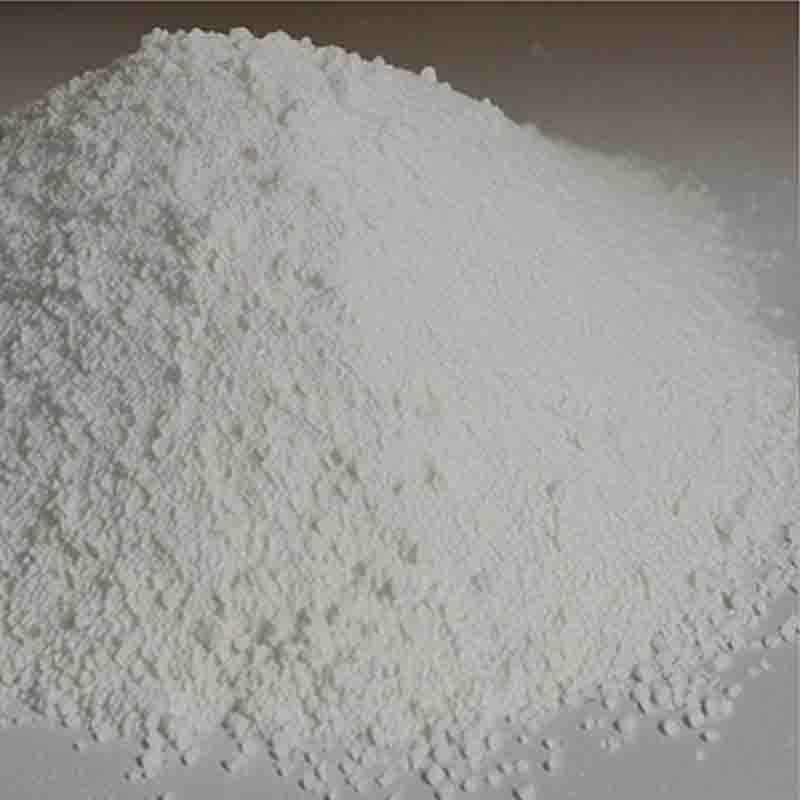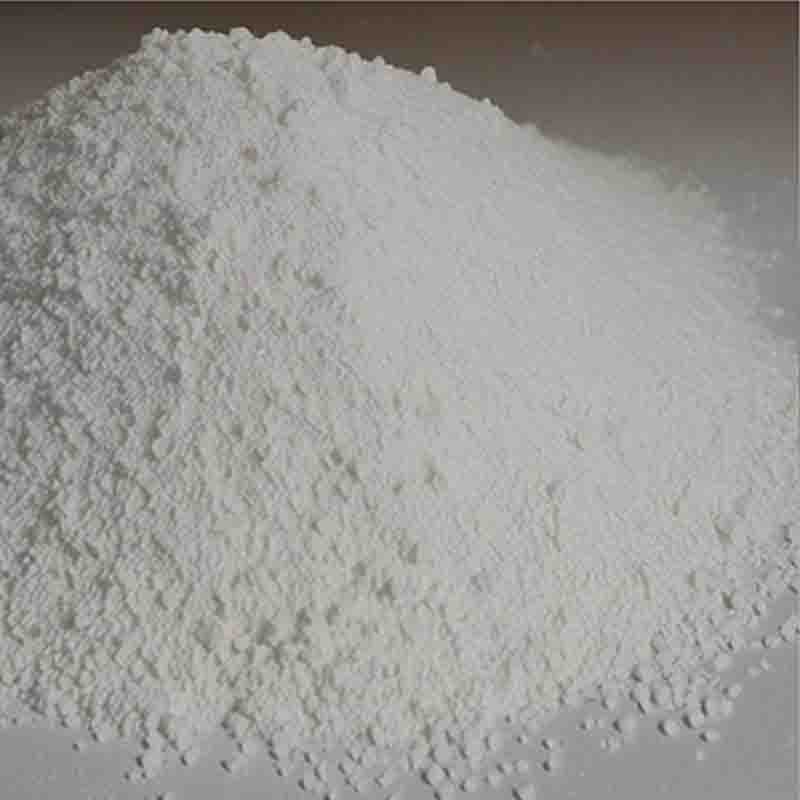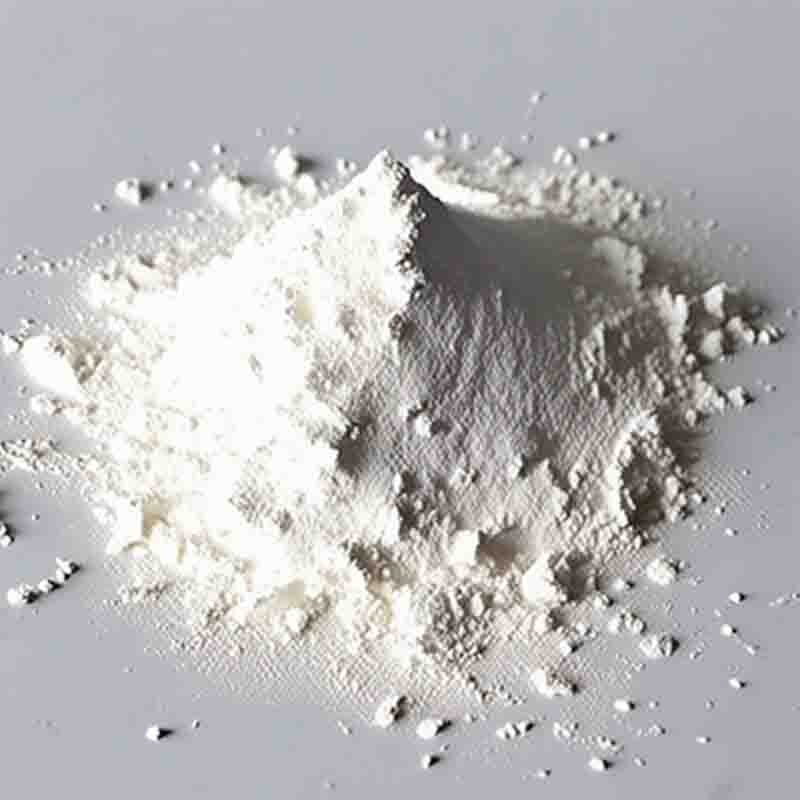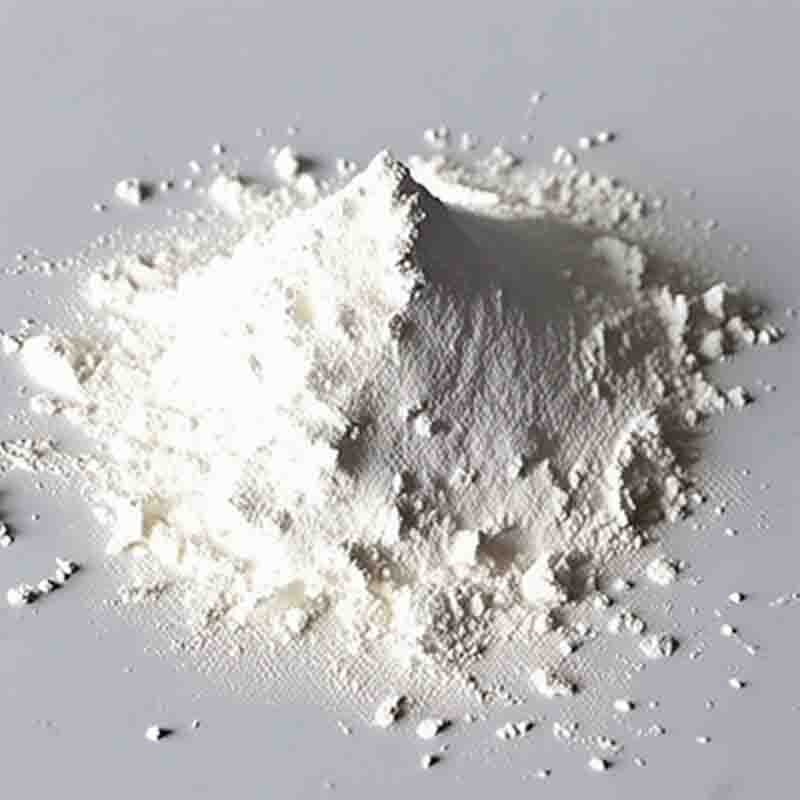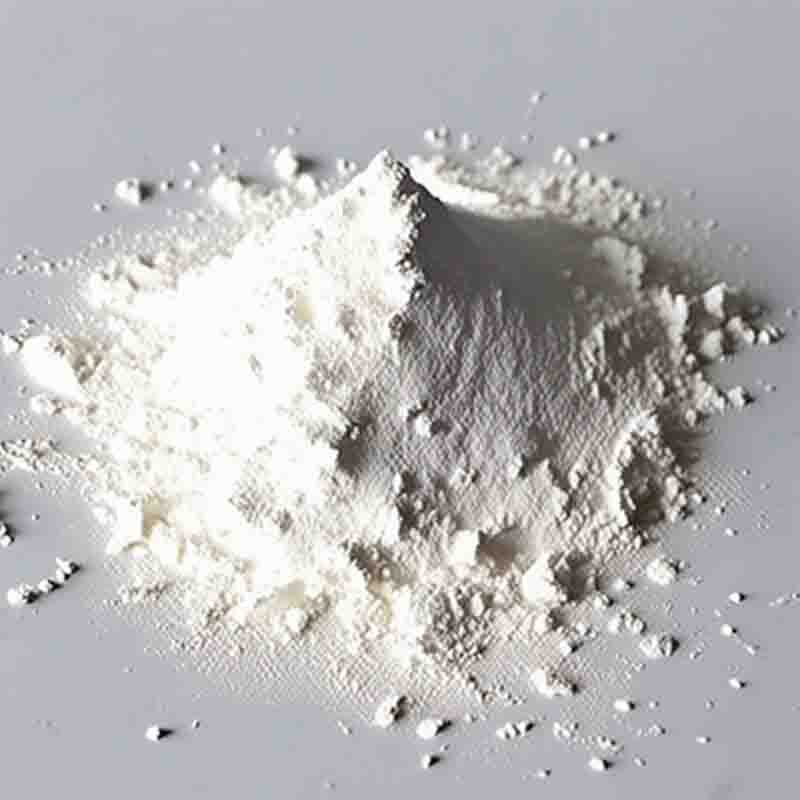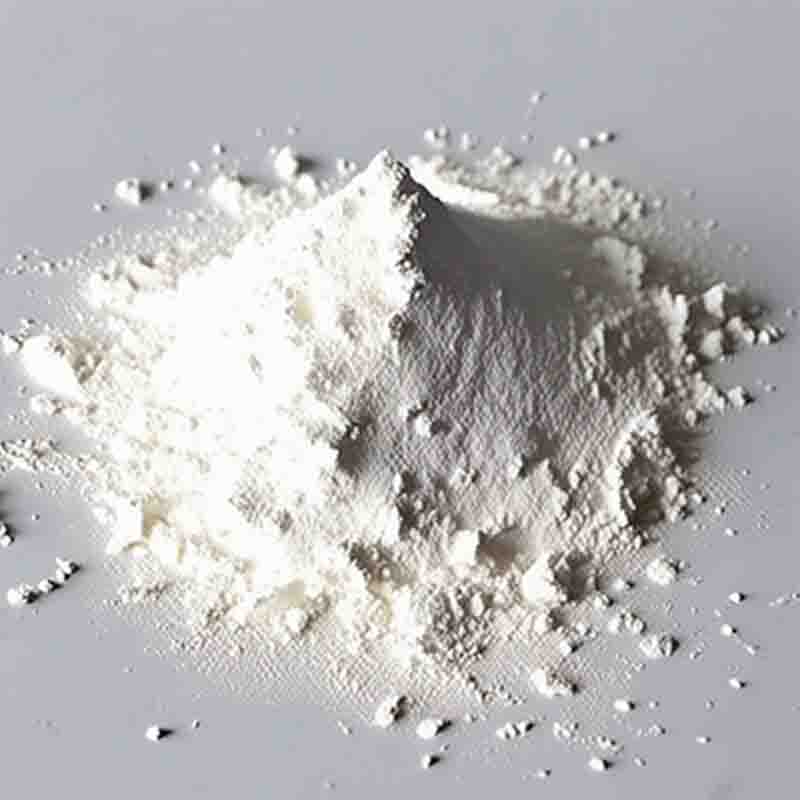N-(4-Aminobenzoyl)-beta-alanine CAS:7377-8-4
| Catalog Number | XD96302 |
| Product Name | N-(4-Aminobenzoyl)-beta-alanine |
| CAS | 7377-8-4 |
| Molecular Formula | C10H12N2O3 |
| Molecular Weight | 208.21 |
| Storage Details | Ambient |
Product Specification
| Appearance | White powder |
| Assay | 99% min |
N-(4-Aminobenzoyl)-beta-alanine is a chemical compound that belongs to the class of molecules known as benzamides. It is often referred to as 4-aminobenzoyl-β-alanine or simply as NAB-beta-alanine. This compound has gained attention in various research fields, including pharmaceutical and medicinal chemistry, due to its potential biological activities and therapeutic applications.One of the main effects of N-(4-Aminobenzoyl)-beta-alanine is its ability to act as a precursor for molecules involved in the synthesis of various important biomolecules in the body. For example, it is a key intermediate in the biosynthesis of the vitamin niacin (also known as vitamin B3). Niacin is essential for numerous physiological processes, including energy metabolism, DNA repair, and cellular signaling.Studies have also shown that N-(4-Aminobenzoyl)-beta-alanine can act as a substrate for the enzyme glutamine amidotransferase in the synthesis of folate derivatives. Folate is a vital nutrient involved in DNA synthesis and methylation processes. Adequate folate levels are crucial for proper cell division and growth, making N-(4-Aminobenzoyl)-beta-alanine an important compound indirectly associated with these biological processes.Additionally, N-(4-Aminobenzoyl)-beta-alanine has demonstrated antioxidant activity. Antioxidants help neutralize harmful free radicals in the body, protecting cells from oxidative damage. This property suggests a potential role in preventing or managing various conditions associated with oxidative stress, such as cardiovascular disease, neurodegenerative disorders, and certain types of cancer.Furthermore, some research suggests that N-(4-Aminobenzoyl)-beta-alanine may have antimicrobial effects. It has been investigated for its potential as an antimicrobial agent against various bacterial strains, including those resistant to conventional antibiotics. This property highlights the compound's potential in combating bacterial infections and contributing to the development of new antimicrobial therapies.In conclusion, N-(4-Aminobenzoyl)-beta-alanine has several effects and potential benefits. It acts as a precursor in the biosynthesis of important biomolecules, such as niacin and folate derivatives, which are essential for various physiological processes. Additionally, it exhibits antioxidant activity and shows promise as an antimicrobial agent. Further research is required to fully understand the mechanisms and potential therapeutic applications of N-(4-Aminobenzoyl)-beta-alanine.


